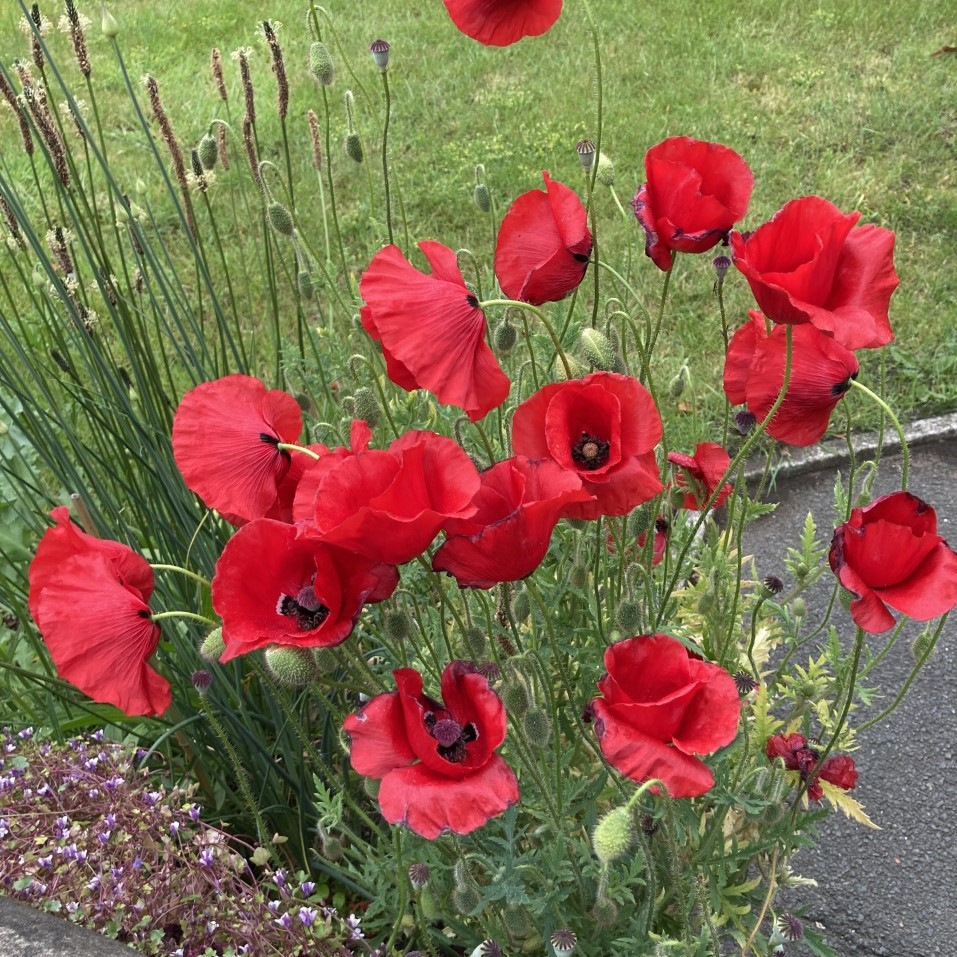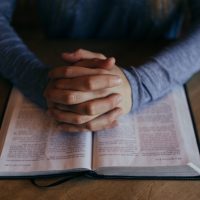Prayers of Approach
God of our ups and downs,
we come into your presence,
thankful to quieten our hearts and to wait for you to speak.
We bring our joys, our challenges, and our questions.
We open our hearts honestly to you,
and we wait in that space beyond questions
to feel you hold us in compassion.
We come together in your name
with concerns in our hearts and questions in our minds,
with troubles in our lives and fears for our world.
We come trusting that you
share our concerns and hear our questions,
embrace our troubles and know our fears.
We come trusting that you never give up on us,
that you never abandon us, never dismiss us.
For you are a God of love, of peace, of power –
you are our God.
Amen.
Music: Father I place into your hands (R&S 518)
Readings:
Psalm 107:23-32
Mark 4:35-41
Introduction
The Psalmist shows God’s power and control over the natural world, and his concern for his people as he answers their cries for help. Jesus leaves the crowds after a full day of teaching to get some rest and is asleep in the boat as it becomes engulfed in a storm. Because of the location of the Sea of Galilee, storms occurs quickly and violently. The disciples are astonished that he is not alert to the circumstances and their fear. When they eventually wake him, he calms the storm and questions their lack of trust in God.
Music: Eternal Father, strong to save (R&S 58)
Sermon/Reflection
Ancient peoples lived much closer to nature than many of us do today, and in many ways it had a much greater impact on their day to day lives. Climate change however is once more awakening us to just how dangerous and devastating the forces of nature can be. The sea especially has always been a dangerous place; the psalmist evokes a powerful picture of a storm and the terror it brings, and the Sea of Galilee, though on a smaller scale, is no less dangerous. Because of its geography storms come up very quickly with no warning as the wind sweeps down over the eastern hills in fierce gusts and eddies, churning the waters into large waves and tossing boats about violently.
The storms on Galilee can be so violent that even experienced fishermen (perhaps especially experienced fishermen) such as the disciples were terrified. The Sea of Galilee is surrounded by hills, except for a valley dip at one end, which can act like a funnel for the wind. This means that the water can go from glassy calm to choppy white horses very quickly, as the wind whips up the water. As seasoned fishermen on this large freshwater lake, this will not have been the first time that the disciples have experienced this phenomenon, but this time it was particularly severe.
Their complaint to Jesus is about the apparent mismatch between their peril and his continuing nap: they do not cry, ‘Help!’ or ‘Do something!’, they question whether he cares. This is not a theoretical argument about whether he could (or should) intervene miraculously, it is not a question about power at all. It is a cry from the heart, an exasperated rebuke from friends who feel abandoned: ‘Teacher, do you not care that we are perishing?’ Perhaps all they expect is another pair of hands to join in bailing out water from the boat. Instead, Jesus changes the vast space of the inland sea simply by speaking. Jesus’ questions to them – ‘Why are you afraid? Have you still no faith?’ – underline that they still only have a sketchy picture of who he is. The miracle affects the disciples more than the storm did. And they are still afraid but now it is of Jesus’ identity, ‘Who is this man?’
When the sailors we read about in the Psalm cried out to God what did they expect? They too were experienced sailors, and they too were helpless in the face of the storm, ‘all their skill was useless’ (v. 27). We are told that when they cried out to God he saved them from their distress and brought them safely to port. Was it their faith that saved them? Our picture of some one with great faith often seems to be of a person who is calm no matter what, who says, ‘these things happen for a reason’. It is a fatalistic picture that is so far from that of the sailors and even farther away from the disciples.
The disciples ask questions, they protest and complain. They speak up when they feel abandoned, and they express depression and frustration. In this way, their relationship with God moves forward with integrity through voicing questions, rather than grinding to a halt in silent pious politeness. Our communities need a faith that takes suffering seriously and does not silence people’s pain.
Jesus’ disciples got far more than they expected, but the answers they got only left them with more questions. Perhaps the biggest question any of us ask of God and each other is: ‘Do you not care?’ In the storms, God can seem to be asleep for us, and we can seem to be asleep for each other. How do we find a sense of being heard by God and others in these storms? That’s the big question that the disciples ask of Jesus when he is asleep, ‘do you not care that we are perishing?’ Our big questions may be different, but it is important to feel heard as we wrestle with the challenges of life in general and in particular the challenges of following Jesus.
Music: Jesus calls us, o’er the tumult (R&S 355)
Prayers of Intercession
Compassionate God, whose care holds us,
we pray for all those who feel overwhelmed:
for those who are struggling in their personal lives,
overwhelmed by pain, disability, loss or grief,
anxious and fearful about the future,
struggling to find meaning and sense in a chaotic world;
for all those who are under pressure at work,
those facing redundancy or unemployment,
those who feel they have no say in their workplace,
those who must make difficult decisions affecting others;
for those who are threatened by risk and danger,
facing the loss of homes, livelihood, friends and family in war,
those at risk of violence and abuse in the home;
for those who are in despair,
feeling that their desperate cries are unheard,
that you and your world have abandoned them,
that there is no answer and no hope from a sleeping God.
We pray for ourselves,
when we are indifferent, fearful, or feeling helpless;
give us the courage to face our fears, and to take risks
to carry your message of hope and power.
Amen.
Music: O Lord my God, when I in awesome wonder (R&S 117)
Blessing.
In a world that is full of questions,
help us find our answers and our truth in you.
May the whisper of God’s wisdom
go with us today
into all our relationships.
And may the blessing of God, creator, saviour and helper,
rest on us now and remain with us always.
Amen.
Prayers and some other material (adapted) © copyright ROOTS for Churches Ltd. Used by permission.








